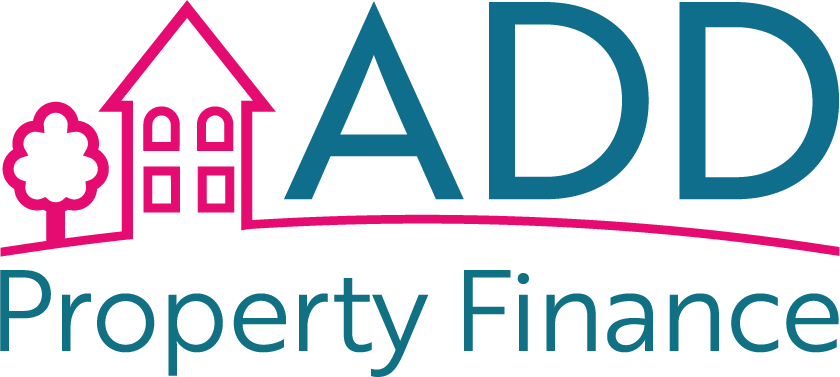When it comes to financing homeownership and property-related endeavours, first charge mortgages are often the first choice for many. However, there’s another financial tool that homeowners should be aware of—second charge mortgages. In this comprehensive guide, we’ll delve into what second charge mortgages are, how they differ from first charge mortgages, and when homeowners might consider using them.
What Are Second Charge Mortgages?
A second charge mortgage, also known as a second mortgage or secured loan, is a financial product that allows homeowners to use the equity in their property as collateral to secure an additional loan. The “second charge” refers to the fact that this loan ranks behind the primary mortgage (the first charge) in terms of priority if there’s a foreclosure. Here’s a breakdown of the key aspects of second charge mortgages:
1. Use of Home Equity: Homeowners can use the equity they’ve built up in their property as security for the loan. Equity is the difference between the property’s current market value and the outstanding balance of the primary mortgage.
2. Second in Priority: If the homeowner defaults on payments and the property is repossessed, the primary mortgage lender is paid first from the property’s sale proceeds, and any remaining funds are used to repay the second charge mortgage.
3. Flexible Loan Amounts: Second charge mortgages offer flexibility in terms of loan amounts. Homeowners can typically borrow a larger sum compared to unsecured loans or personal loans because the loan is secured against their property.
4. Longer Loan Terms: These mortgages often come with longer loan terms than unsecured loans, ranging from a few years to several decades, depending on the lender’s terms.
Differences Between First and Second Charge Mortgages
Now that we understand the basics of second charge mortgages, let’s explore how they differ from first charge mortgages:
1. Priority: The most significant difference is the priority of repayment. First charge mortgages are the primary loans secured against a property, while second charge mortgages come second in line for repayment.
2. Interest Rates: Second charge mortgages often have slightly higher interest rates compared to first charge mortgages. This is because they carry a higher risk for lenders due to their subordinate position.
3. Loan Amounts: Second charge mortgages typically allow homeowners to borrow larger sums of money than first charge mortgages. This can make them an attractive option for significant expenses like home renovations.
4. Purpose: First charge mortgages are primarily used for property purchases or refinancing existing mortgages, while second charge mortgages can be used for a wide range of purposes, including debt consolidation, home improvements, or investment opportunities.
When to Consider a Second Charge Mortgage
Homeowners might consider a second charge mortgage when they:
- Want to avoid remortgaging: If they have a competitive interest rate on their first charge mortgage, they might not want to remortgage and lose that rate.
- Need to borrow a substantial amount: Second charge mortgages can provide larger loan amounts compared to personal loans or credit cards.
- Have a less-than-perfect credit history: Second charge mortgages may be more accessible to those with credit issues since they are secured against the property.
In conclusion, second charge mortgages are a versatile financial tool that can help homeowners leverage their property’s equity for various purposes. Understanding their differences from first charge mortgages and knowing when to consider them is essential for making informed financial decisions. However, it’s crucial to consult with a mortgage adviser or financial expert to assess whether a second charge mortgage aligns with your specific financial goals and circumstances.







